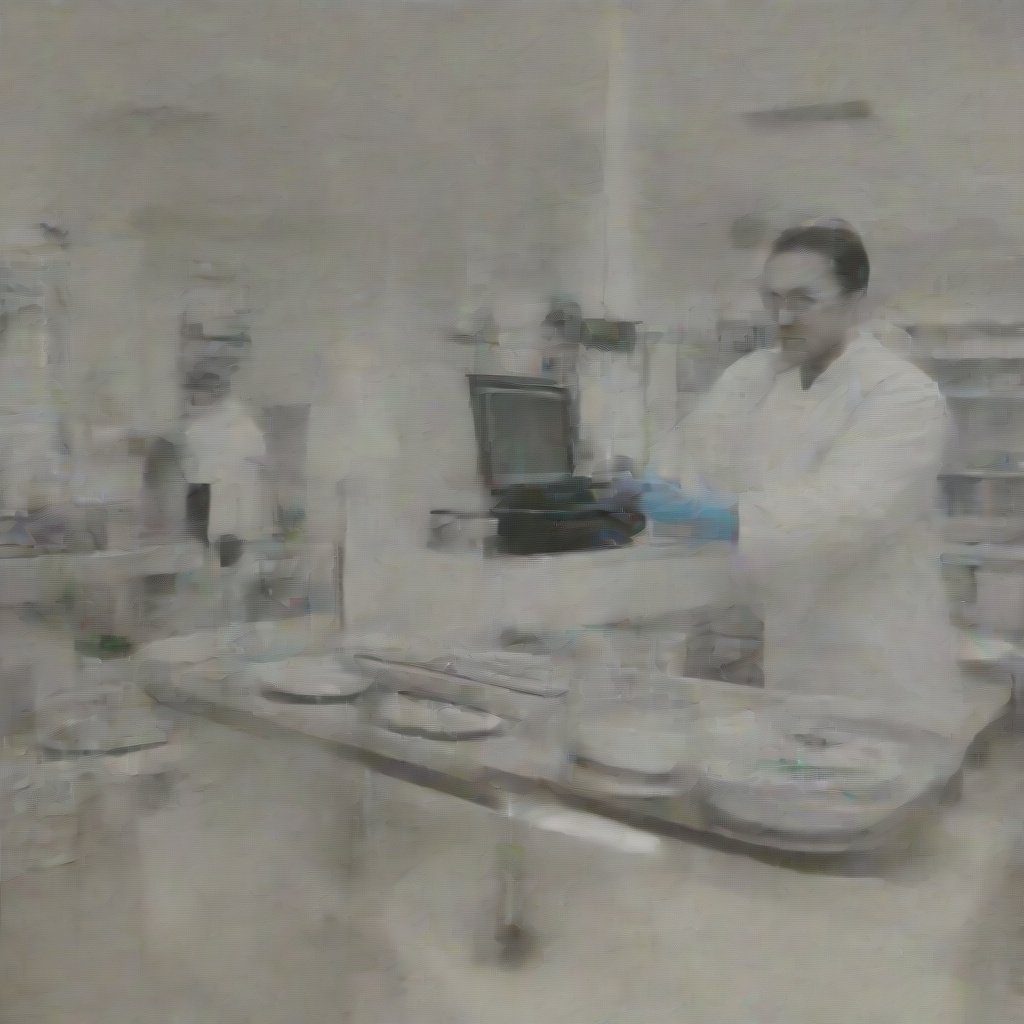Understanding Glycerin Quality Assurance
Glycerin quality assurance is a critical aspect of the glycerin production process, ensuring that the final product meets the stringent requirements set by international standards. This involves rigorous testing and evaluation at various stages of production—from raw material selection to final product delivery. The assurance of quality in glycerin not only guarantees safety for consumers but also enhances its applicability across various industries such as pharmaceuticals, food, and cosmetics.
The Importance of Quality Control in Glycerin Production
Quality control is vital in the glycerin industry, particularly because glycerin is used in sensitive applications. This includes its role as a humectant in skincare products and as a solvent in pharmaceuticals. A robust quality control system ensures that each batch of glycerin produced adheres to the required specifications, thus maintaining consistency and reliability. This process encompasses a series of tests, including purity analysis, viscosity measurement, and microbial testing, to guarantee that only the highest quality glycerin reaches the market.
Key Quality Standards for Glycerin
Glycerin quality assurance is governed by several key standards, including those set by the United States Pharmacopeia (USP) and the Food and Drug Administration (FDA). These standards dictate the acceptable levels of impurities and the overall purity of glycerin. Compliance with these regulations is critical for suppliers like Diplomata, as it not only ensures product safety but also builds trust with clients in the United States and around the globe.
Testing Methods for Glycerin Quality Assurance
To achieve glycerin quality assurance, various testing methods are employed. High-performance liquid chromatography (HPLC) is a common technique used to analyze the purity of glycerin. This method allows for the detection of impurities at very low concentrations, ensuring that the glycerin meets the required quality standards. Additionally, physical tests such as density and refractive index measurements are also conducted to confirm the glycerin’s characteristics.
Documentation and Traceability in Glycerin Supply Chains
Effective documentation and traceability are essential components of glycerin quality assurance. Suppliers must maintain comprehensive records of every batch produced, including raw material sources, production processes, and quality test results. This traceability not only aids in identifying potential issues but also provides transparency to clients regarding the quality and safety of the glycerin they are purchasing.
Challenges in Maintaining Glycerin Quality
Maintaining glycerin quality assurance can present several challenges, including variations in raw materials and fluctuations in production conditions. Environmental factors and storage conditions can also impact glycerin quality. To overcome these challenges, suppliers must implement strict quality management systems that continuously monitor and control production conditions, thereby ensuring that each batch of glycerin remains consistent with quality standards.
The Role of Certifications in Glycerin Quality Assurance
Certifications play a pivotal role in establishing credibility in glycerin quality assurance. Suppliers like Diplomata often seek certifications such as ISO 9001, which demonstrates their commitment to quality management principles. These certifications not only enhance the supplier’s reputation but also assure customers that they are purchasing glycerin that meets internationally recognized quality standards.
Customer Assurance Through Quality Guarantees
To foster trust with clients, suppliers often provide quality guarantees that outline the specific quality attributes of their glycerin products. This includes assurances regarding purity, consistency, and compliance with industry standards. By offering such guarantees, companies like Diplomata reinforce their position as a leading glycerin supplier, emphasizing their dedication to quality assurance and customer satisfaction.
Future Trends in Glycerin Quality Assurance
The glycerin industry is evolving, and with it, the approaches to quality assurance are also advancing. Emerging technologies, such as artificial intelligence and blockchain, are being integrated into quality assurance processes to enhance efficiency and transparency. These advancements promise to further strengthen the quality assurance protocols in glycerin production, ensuring that suppliers can meet the ever-increasing demands for high-quality glycerin in various markets.


